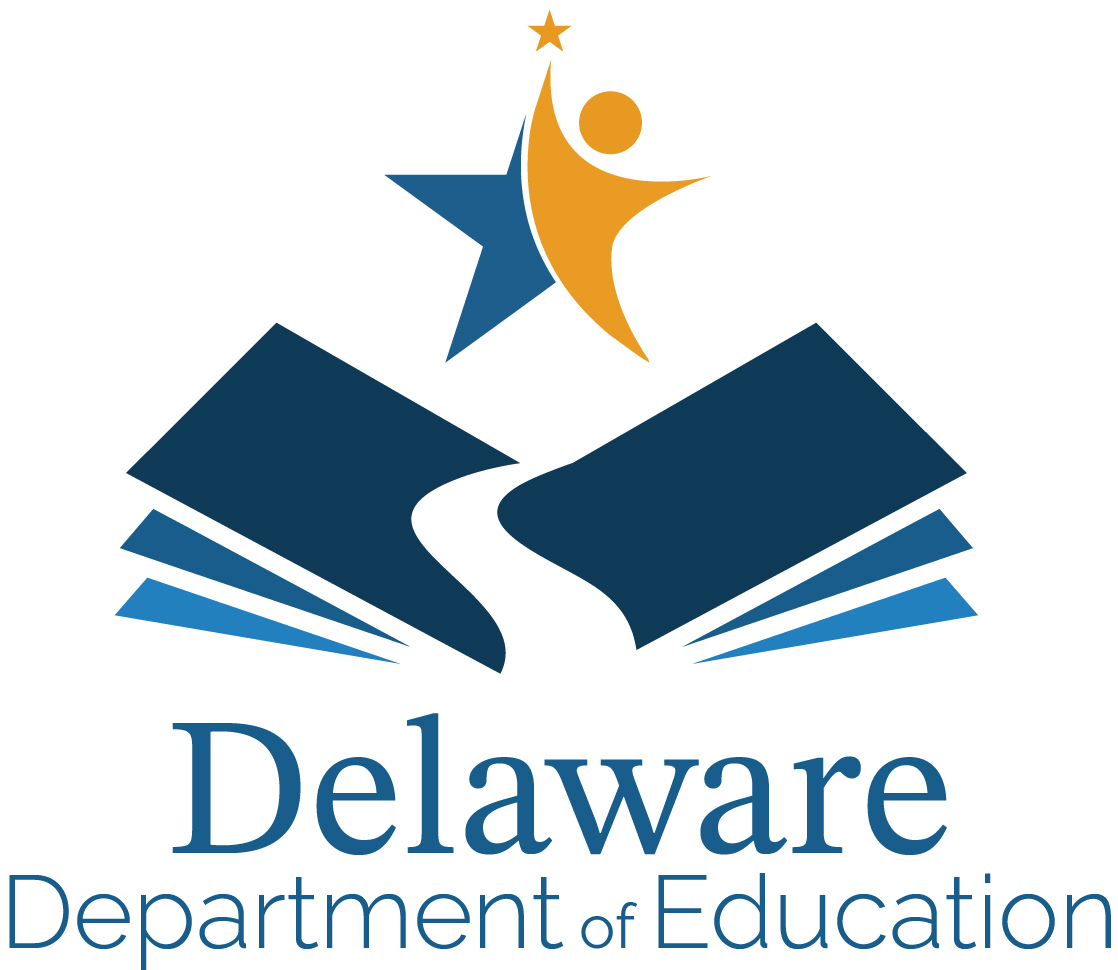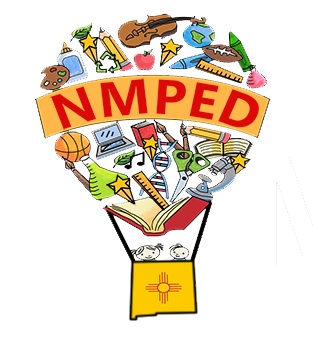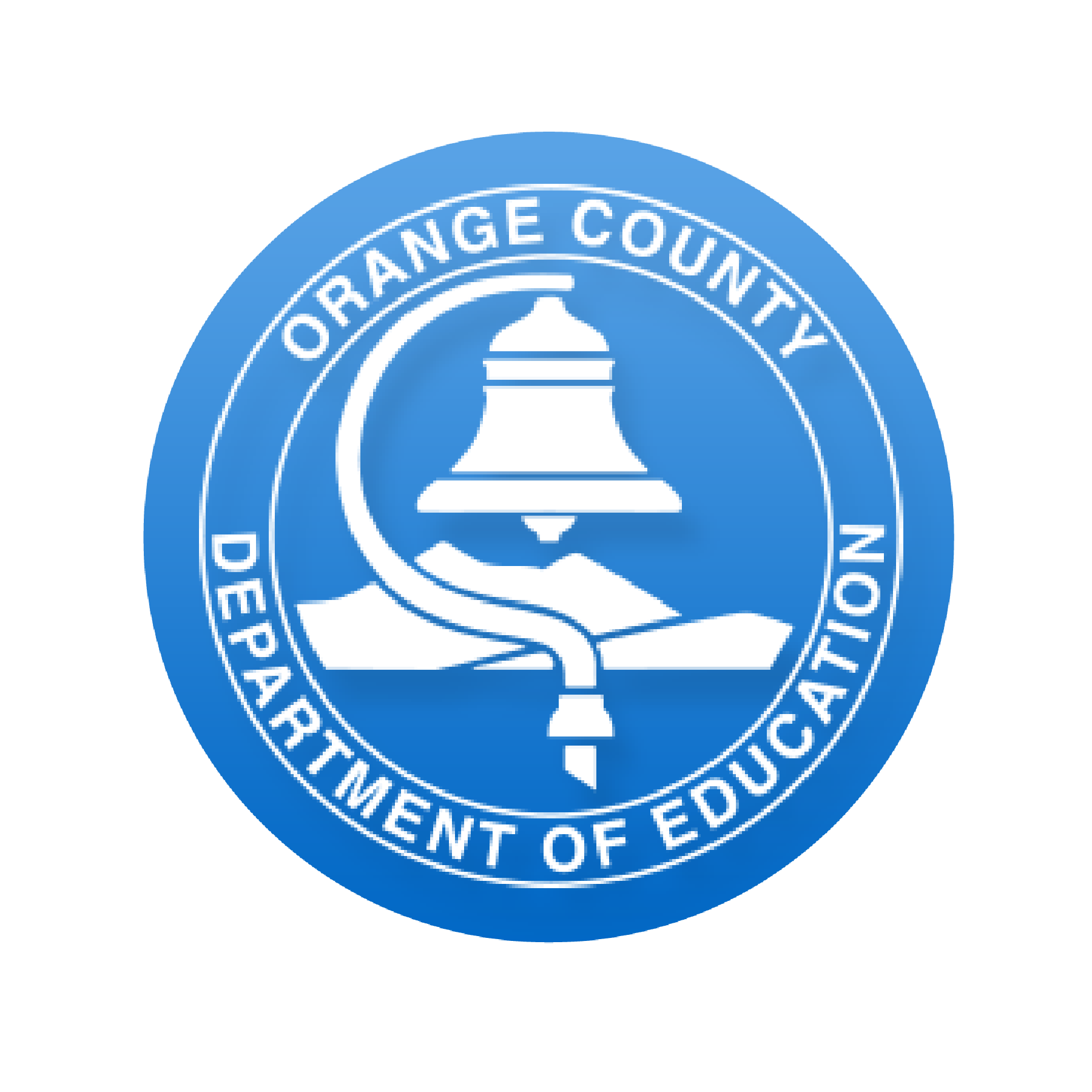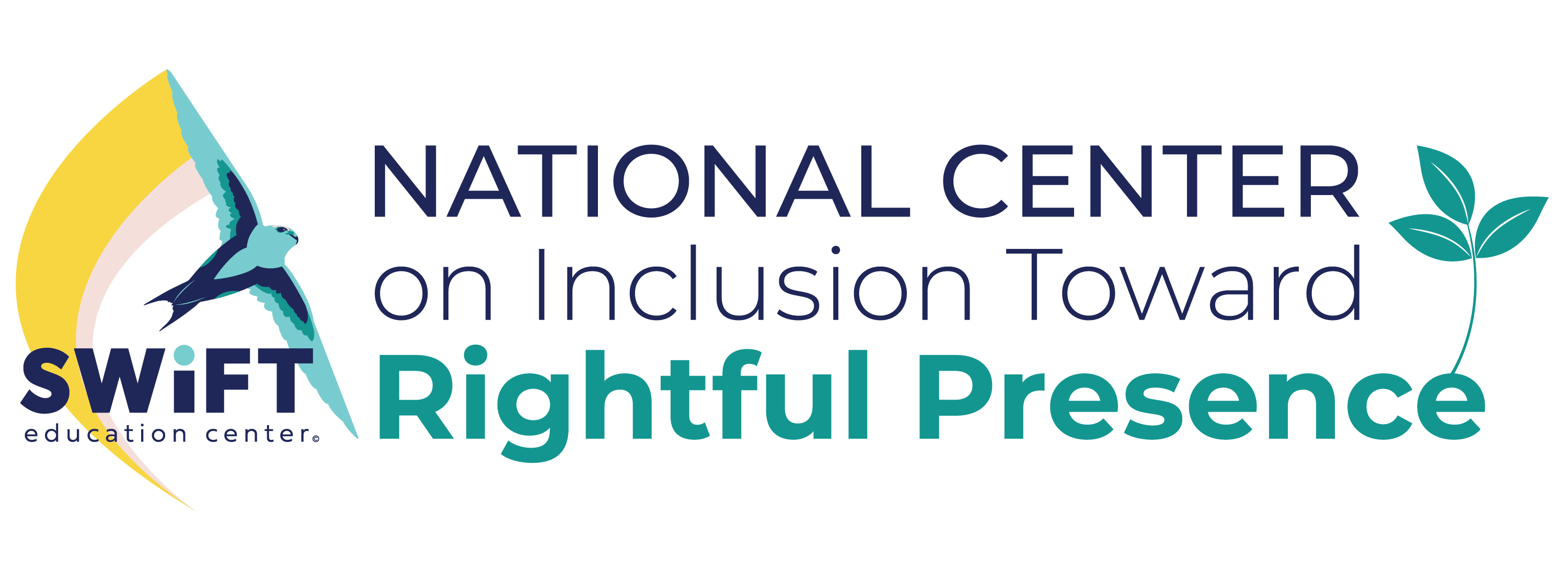
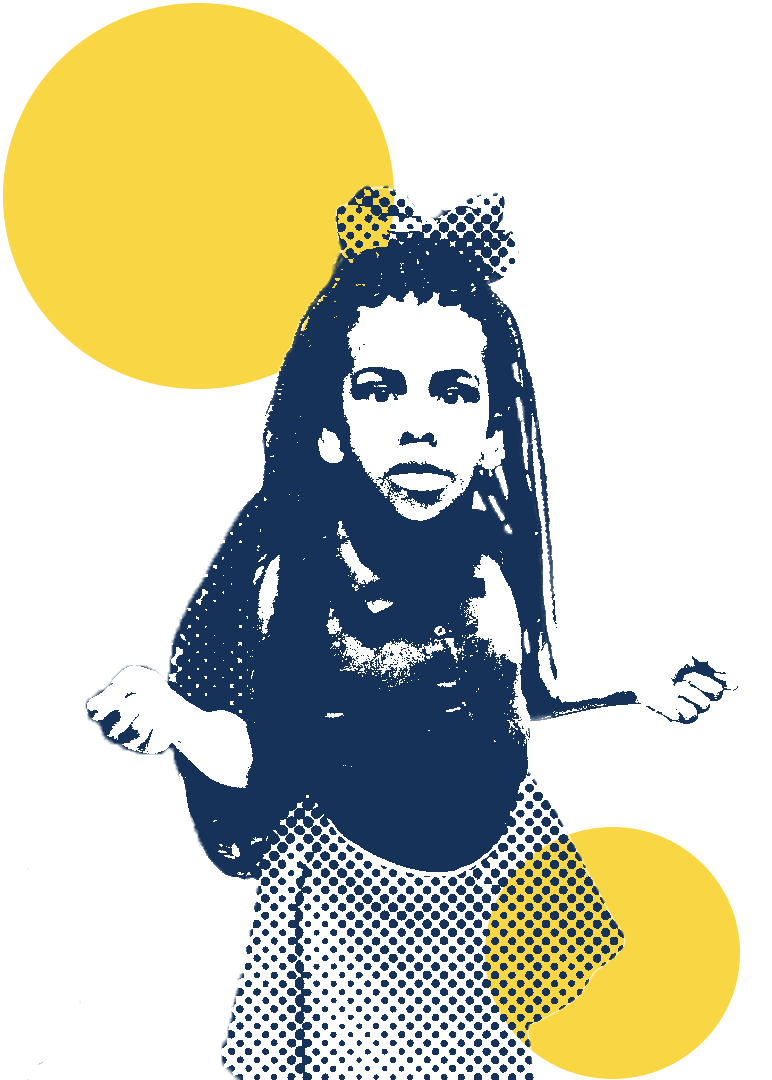
“Rightful Presence is our struggle to make present students made missing in schooling.”
–adapted from Calabrese Barton & Tan (2020)
Our Purpose
We assist with implementation of practices that move school systems toward rightful presence for students who are too often kept at the margins.
We embrace the full humanity and culture of students with intensive cognitive needs, and provide them high-quality academic instruction aligned with general education standards, delivered among grade-level peers.
Our Approach
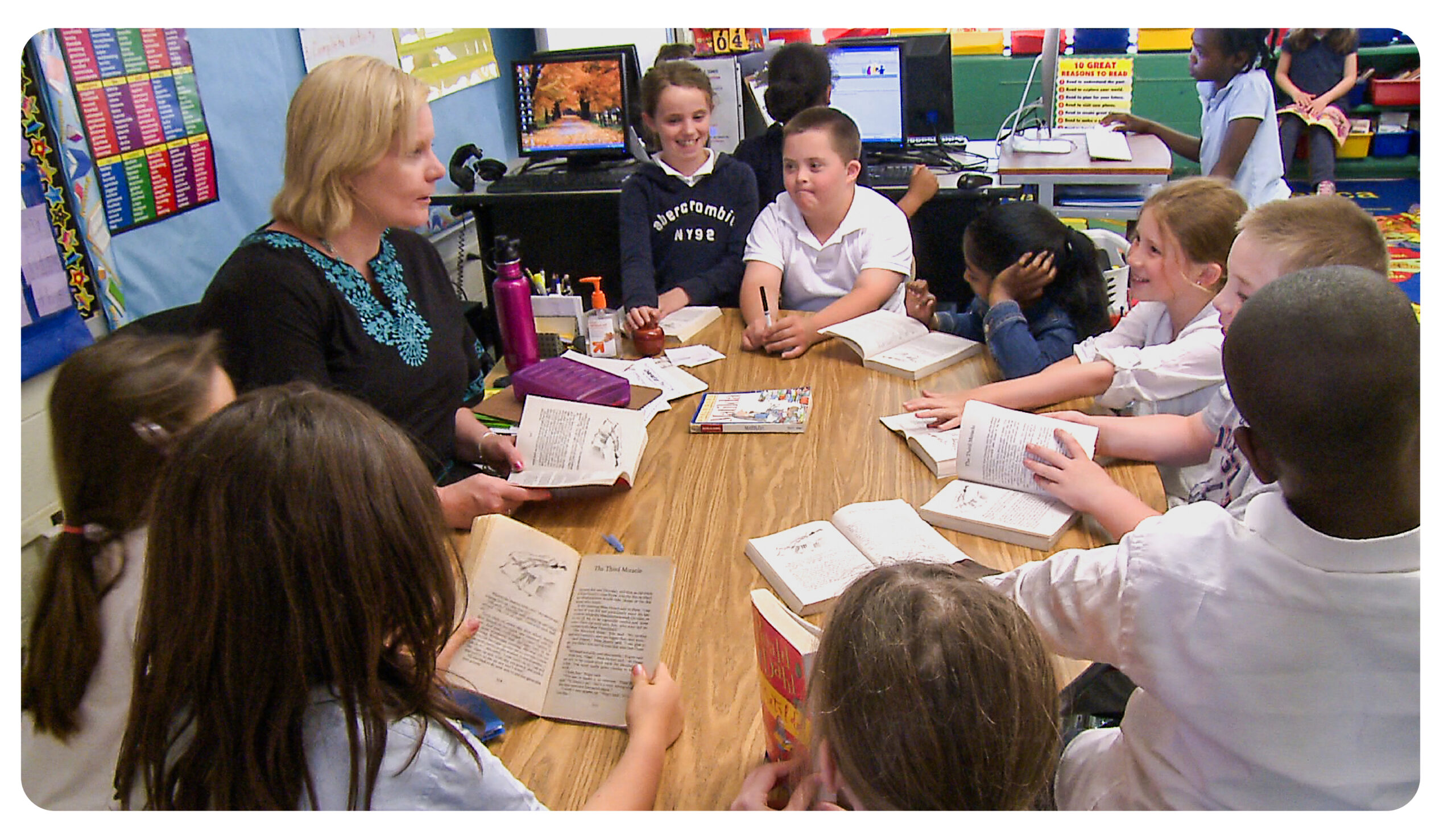
We strengthen capacity to support K-12 schools to implement and sustain systems, policies, and practices that foster rightful presence for dynamic learners in the six key ways listed below.
Belonging
Schools establish environments conducive to student learning and growth by building a culture of true belonging that recognizes students’ full humanity and inherent value, and enables them to freely bring their culture and whole selves into the school.
System
United rather than siloed initiatives and foundational components make sense of system (re)design for rightful presence and reduce initiative-overload burden on educators.
Leadership
Leaders ensure educational policies, systems, and practices are equitable and just by shifting systemic power dynamics and ensuring that general education curriculum and classrooms have the resources and support they need to realize the rightful presence and learning potential of every student.
Educators
General and specialized educators make instructional decisions as equal partners on grade-level or content teams.
Innovative Teaching and Learning
Grade-level and content instructional teams organize lessons, activities, and assessments aligned with standards, at various depth, breadth, and complexity, within a systems-level integrated instructional system that leverages the best available resources.
Growth
Educators seek deeper ways of knowing and understanding who their students are, what they hope to achieve, and many ways to show what they know and can do.

Rightful Presence Implementation Guide
Dive into the Rightful Presence Implementation Guide to learn how to make your school a space where students too often left at the margins can experience true belonging and growth.
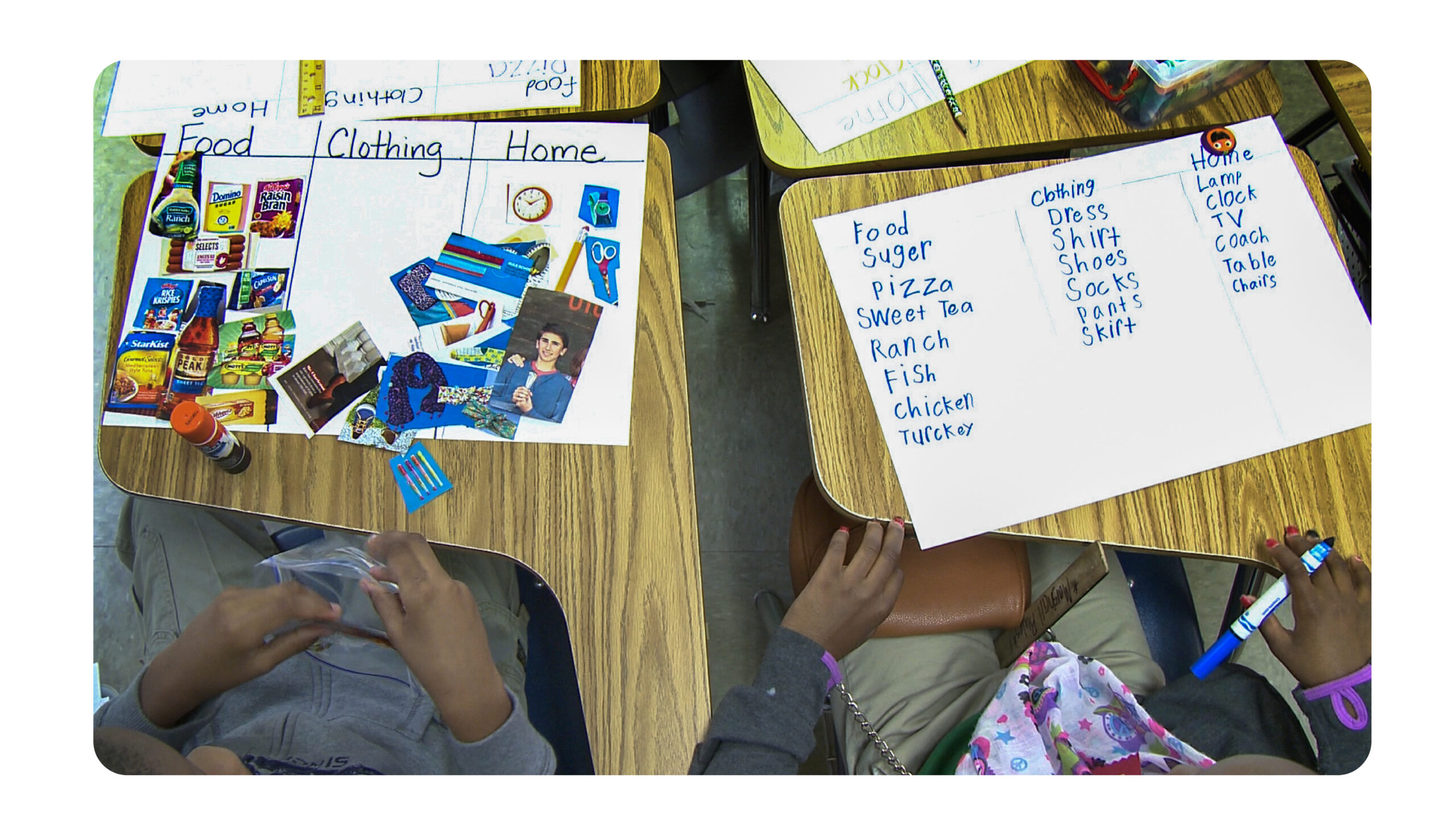
Our Partnerships
4 State Partners
multi-year partnering with selected state education agencies, local education agencies, and schools to demonstrate how to center the needs of students, families, and communities who have been kept on the margins
15 State & District Partners
providing targeted technical assistance to advance the process of ending segregated settings in schools
1000s of Educators
gaining access to free resources on this website to move toward rightful presence in their spheres of influence
Intensive Model Demonstration Site Partners
Selected state education agencies are joining with us over four years to demonstrate how to move from inclusion toward rightful presence for students who are left out or kept at the margins of school.
Promoting Rightful Presence
Read this brief to learn about how the National Center is working with states, districts, and schoools to foster Rightful Presence.

Targeted Technical Assistance
No cost, targeted technical assistance is available to state and local education agencies who are ready to move toward rightful presence and end systems of segregation in their schools.
Targeted technical assistance includes a wide range of short-term interactions, such as:
-
-
-
- Group facilitation to explore your current practices
- Data reviews of disproportionate student outcomes
- Presentations on moving toward rightful presence
- Policy scans and discussions
- Confidential consultation on issues of segregation
Interested in learning more about targeted technical assistance?
Email us at swift@ku.edu to learn more!
-
-
Our Progress

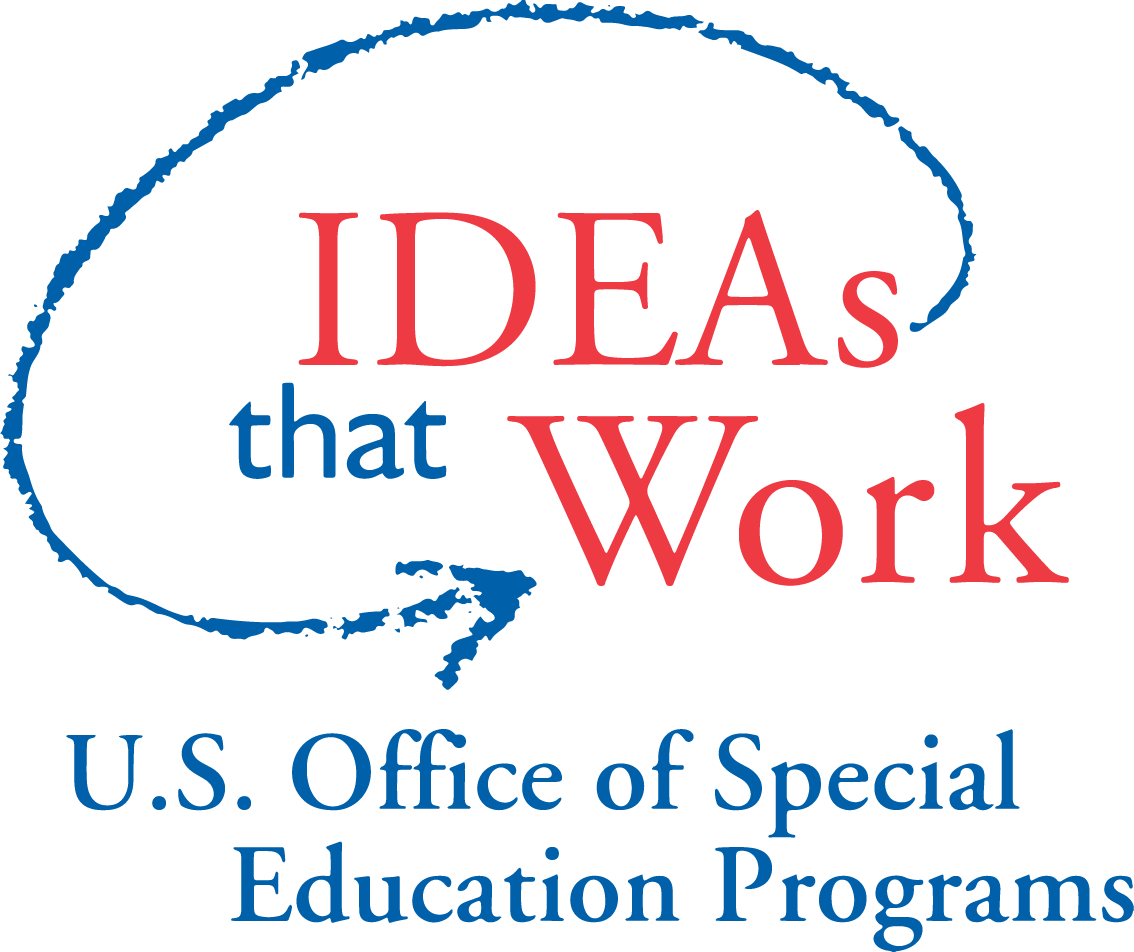
The National Center on Inclusion Toward Rightful Presence is a technical assistance center sponsored by a grant from the U.S. Department of Education, #H326Y220003. Materials on this website were developed under this grant. However, those contents do not necessarily represent the policy of the U.S. Department of Education, and you should not assume endorsement by the Federal Government. Project Officer, Carlene Reid.

